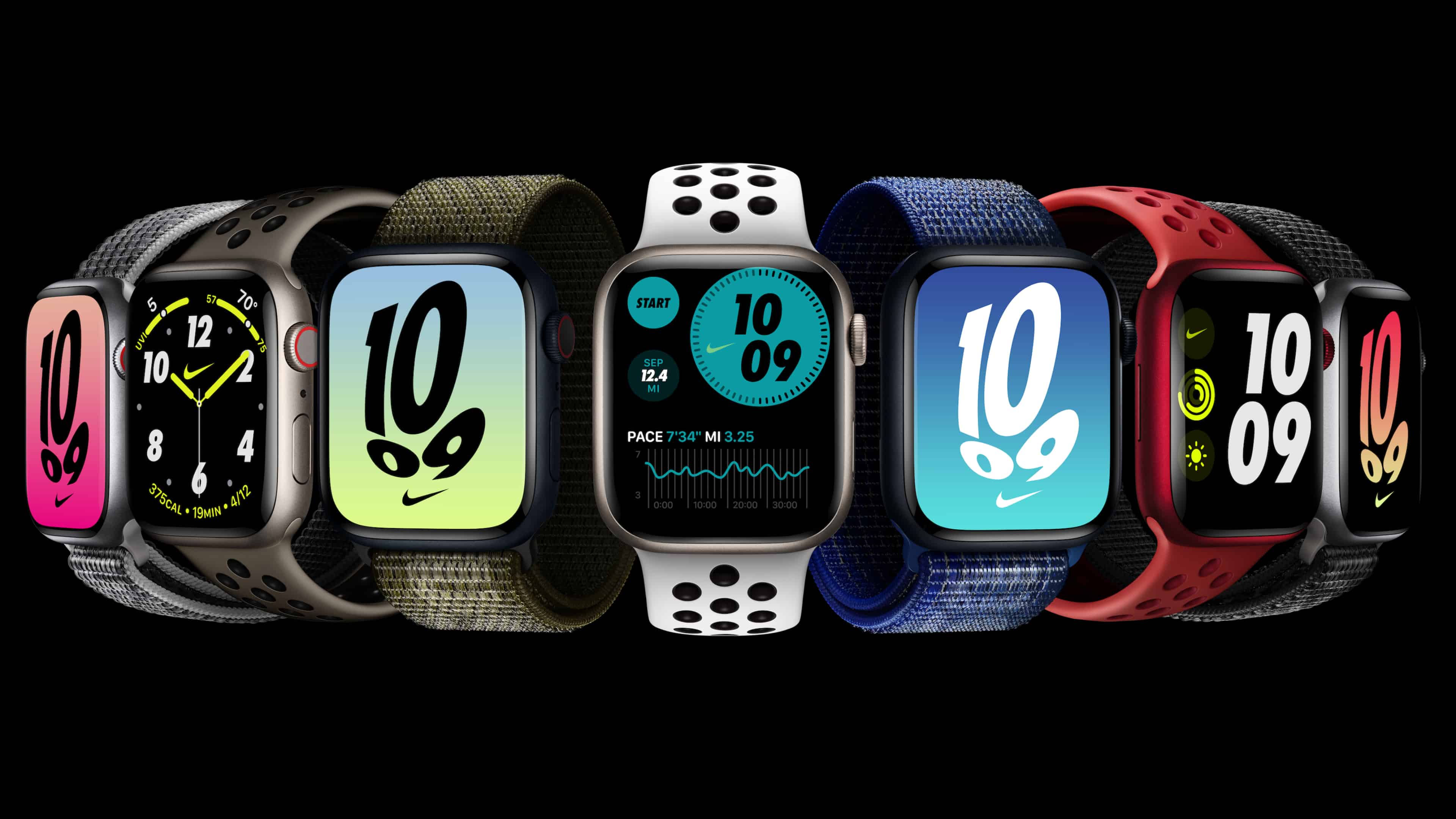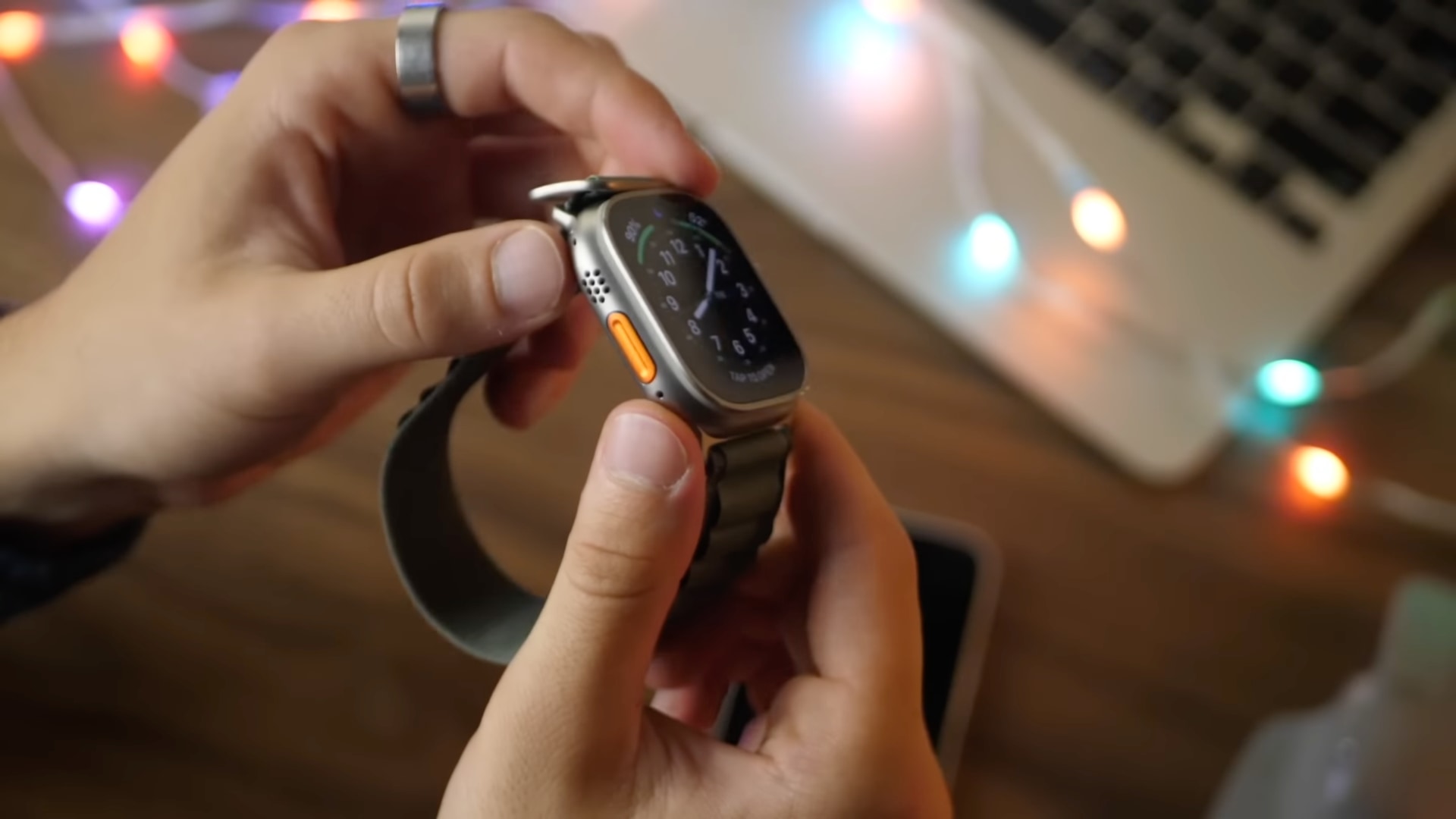Based on the iPhone 13’s A15 Bionic, the new Apple Watch Series 9 chip should improve performance, extend battery life and bring other perks.

- Bloomberg’s Mark Gurman says the next Apple Watch will run an updated chip based on the iPhone 13’s A15 processor.
- The new chip should bring a speed increase to Apple’s wearable device along with better battery life, while potentially enabling new features.
- The current Apple Watch Series 8 shows no speed gain over the previous Apple Watch Series 7 and Series 6 models.
Apple Watch Series 9 predicted to run a faster chip
Writing in a Discord channel, Gurman says this year’s upcoming Apple Watch Series 9 will feature a new chip that won’t be a rebrand of older processors.
Responding to a question from a visitor, he said the new chip will be based on the A15 Bionic, which first appeared in the iPhone 13 series two years ago.n”I think it’ll be a new processor, not just a re-brand of the previous generation,” he said.
The new chip should bring a notable speed increase over Apple’s S8 chip powering the current Apple Watch Series 8 models.
As a user, you’ll notice that apps load quicker and are more responsive. Multitasking should also be smoother, and we’ve yet to learn about specific new use cases that the faster chip will enable. A quicker chip is always important; this year, it could be crucial—it’s been too long since the Apple Watch brought speedier performance.
Rebranding is the name of the game
While Apple brands the current Series 8 chip as “S8”, it’s just a repackaged S7 from last year’s Apple Watch Series 7. But even that chip is essentially the same piece of silicon as the S6 that powers 2021’s Apple Watch Series 6.
Yes, Apple’s silicon department hasn’t innovated much for the past two years in terms of Apple Watch processors. The company is rumored to build its next iPhone, iPad and Mac chips on TSMC’s three-nanometer node, but it’s unclear what process technology Apple might use for the S9.
A smaller chip-making process yields improved battery efficiency—maybe the new chip will also facilitate better battery life instead of speed improvements?
The next Apple Watch will run the upcoming watchOS 10 software. Earlier, Gurman called watchOS 10 a “fairly extensive upgrade” with “notable changes” to the user interface. As for this year’s Apple Watch hardware, it’ll be “anything but major.”
S8 vs. S7 vs. S6

For context, the current S8 chip uses TSMC’s N7P seven-nanometer technology. The S8 is a 1.8 GHz dual-core processor used in the second-generation Apple Watch SE, Apple Watch Series 8 and Apple Watch Ultra.
It has the same performance as the S6 and S7 before it—there’s a good reason why Apple didn’t brag about performance advancements during the Series 8 unveil.
If the upcoming S9 chip does end up being based on the A13 Bionic, it doesn’t necessarily mean that it will have all the same features as the iPhone chip because. That would be an overkill, and battery life would suffer greatly.
The powerful A13 Bionic
To give context, the A13 has six processing cores (two high-performance 2.65 GHz cores and four energy-efficient ones. Its machine learning accelerators are six times faster at matrix multiplication vs. the A12 Bionic’s CPU core. These accelerators are rated with one trillion single-precision operations per second.
On top of that, the A13 sports neural network hardware—dubbed Neural Engine—for processing specific machine learning tasks at lightning speed in a battery-friendly way. The Neural Engine in the A13 Bionic has six cores and is capable of performing six trillion operations per second.